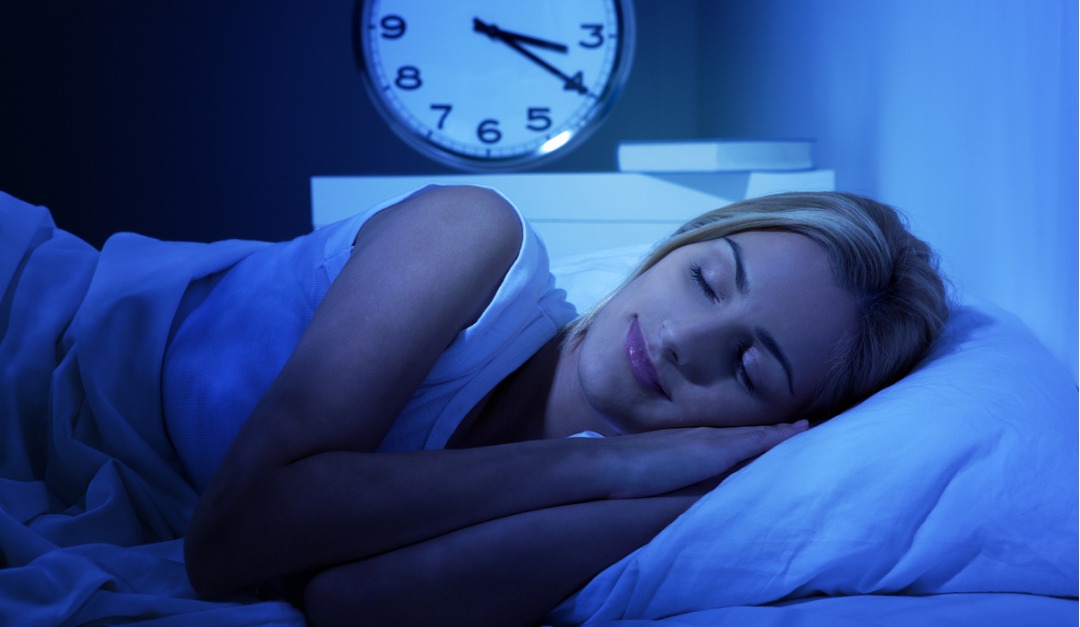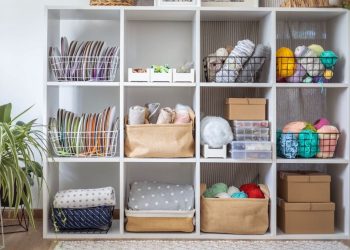Do you find it tough to roll out of bed every morning? Are you yawning, feeling groggy and chugging cups of coffee throughout the day? News flash: You probably aren’t getting enough sleep.
Sleep is essential for your mental and physical health. Most adults need 7 to 8 hours of shuteye each night, and the quality of sleep you get is just as important as the amount. If you’re having trouble catching z’s, making some changes to your routine might help. The National Heart, Lung and Blood Institute, whose focus also includes sleep disorders, offers the following 10 tips for getting a good night’s sleep:
1. Stick to a sleep schedule. Go to bed and wake up at the same time each day—even on the weekends.
2. Exercise, but not too late in the day. Try to exercise at least 30 minutes on most days but not later than 2 to 3 hours before your bedtime.
3. Avoid caffeine and nicotine. The stimulating effects of caffeine in coffee, soda, certain teas and chocolate can take as long as 8 hours to wear off fully. Nicotine is also a stimulant.
4. Avoid alcoholic drinks before bed. A “nightcap” might help you fall asleep, but alcohol keeps you in the lighter stages of sleep. You also tend to wake up in the middle of the night when the sedating effects have worn off.
5. Avoid large meals and beverages late at night. A large meal can cause indigestion that interferes with sleep. Drinking too many fluids at night can cause you to awaken frequently to urinate.
6. Avoid medicines that delay or disrupt your sleep, if possible. Some commonly prescribed heart, blood pressure or asthma medications–as well as some over-the-counter and herbal remedies for coughs, colds or allergies–can disrupt sleep patterns.
7. Don’t take naps after 3 p.m. Naps can boost your brain power, but late afternoon naps can make it harder to fall asleep at night. Also, keep naps to under an hour.
8. Relax before bed. Take time to unwind. A relaxing activity, such as reading or listening to music, should be part of your bedtime ritual. If possible, take a hot bath before bed; the drop in body temperature after a soak may make you feel sleepy, and the bath can help you relax.
9. Create a good sleeping environment. Address anything in your bedroom that might distract you from sleep, such as noises and bright lights. Consider keeping electronic devices, such as TVs, computers and smartphones, out of the bedroom. Also, keeping the temperature in your bedroom on the cool side can help you sleep better.
10. Don’t lie in bed awake. If you find yourself still awake after staying in bed for more than 20 minutes, get up and do some relaxing activity until you feel sleepy. The anxiety of not being able to sleep can make it harder to fall asleep.
If you continue to have trouble sleeping or consistently feel tired despite spending enough time in bed each night, talk to your doctor. A good night’s sleep is vital for your well-being and ensuring you’re recharged and ready to take on the day.











